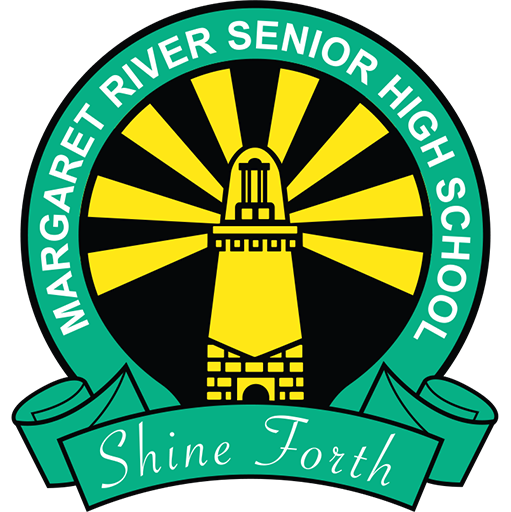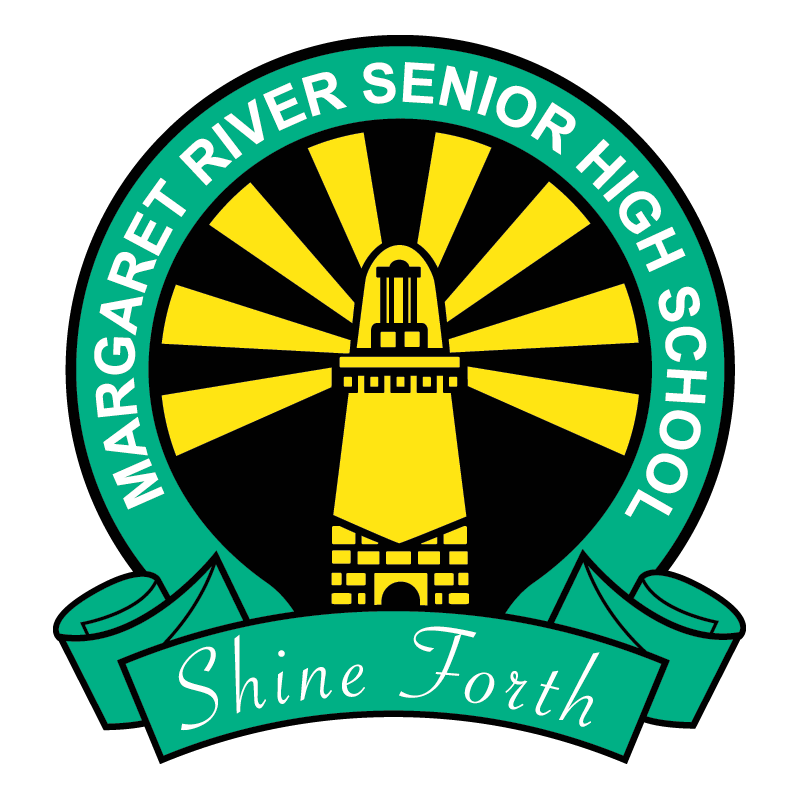Technologies enrich and impact on the lives of people and societies globally. Society needs enterprising students who can make discerning decisions about the development and use of technologies, develop solutions to complex challenges and contribute to sustainable patterns of living. Technologies can play an important role in transforming, restoring and sustaining societies and natural, managed and constructed environments.
The Western Australian Curriculum: Technologies describes two distinct but related subjects:
- Design and Technologies – in which students use design thinking and technologies to generate and produce solutions for authentic needs and opportunities. This includes course with the theme of metal, woods, textiles, foods and farm along with the use of various technology.
- Digital Technologies – in which students use computational thinking and information systems to define, design and implement solutions.
In an increasingly technological and complex world, it is important to develop knowledge and skills to analyse and creatively respond to design and/or digital challenges.
Through the practical application of technologies including digital technologies, students develop dexterity and coordination through experiential activities. Technologies motivates young people and engages them in a range of learning experiences that are transferable to family and home, constructive leisure activities, community contribution and the world of work.
Technologies provides students with authentic learning challenges that foster curiosity, confidence, persistence, innovation, creativity, respect and cooperation. These attributes are necessary when using and developing solutions to make sense of complex ideas and relationships in all areas of learning. Technologies helps students to be regional and global citizens, capable of actively and ethically communicating and collaborating.
To facilitate and be able to meet the needs of the students we have experienced and enthusiastic staff whom undertake the various units of study. We are a team of 16 that work collaboratively with a vision to view students as independent responsible learners that have developed technical life skills using team and collaborative techniques to develop creative and innovative solutions for real world problems. Students utilise various relevant technologies to undertake planning, self- reflection and self- management to communicate effectively and to achieve shared goals, respectfully, responsibly and with resilience.
Digital Technologies
Advances in modern technology have had a great impact on how we communicate. There is now a vast array of information and communication technologies that allow us to live and work in a digital world. Information Technology and Business equips students with skills and knowledge in digital design and programming and how these skills are implemented within the complex society of today’s world.
Units of study are compulsory in Year 7 and Year 8 and there are units available that lead to ATAR or non ATAR pathway in Year 11 and Year 12.
Current units available for Year 9 – 12 can be found in the Lower School Course Information booklets and the Upper School Course Information booklet by clicking these links.
Design and Technologies
This subject provides a variety of contexts. These contexts include: Food Specialisation, Materials and Technologies Specialisation(wood, metal, ,building and construction, textiles) and Food and Fibre Production(Farm).
Within the Materials and technologies specialisation context the materials, wood, metal and textiles are used along with technology to provide the opportunity for students to develop their knowledge and understanding around the impact on society and the clients as well as to develop the skills in using these materials to reflect real life.
The food and fibre production encompasses the experiences on our school farm that reflect the importance of being able to provide food and food related products for an increasing population.
It is compulsory for units to be undertaken in at least one of contexts in year 7 and 8.
There are various units offered in each year group from year 7 to year 12. These units have a variety of foci to reflect the interest of students and their abilities.
Current units available for year 9 – 12 can be found in the Lower School Course Information booklets and the Upper School Course Information booklet

